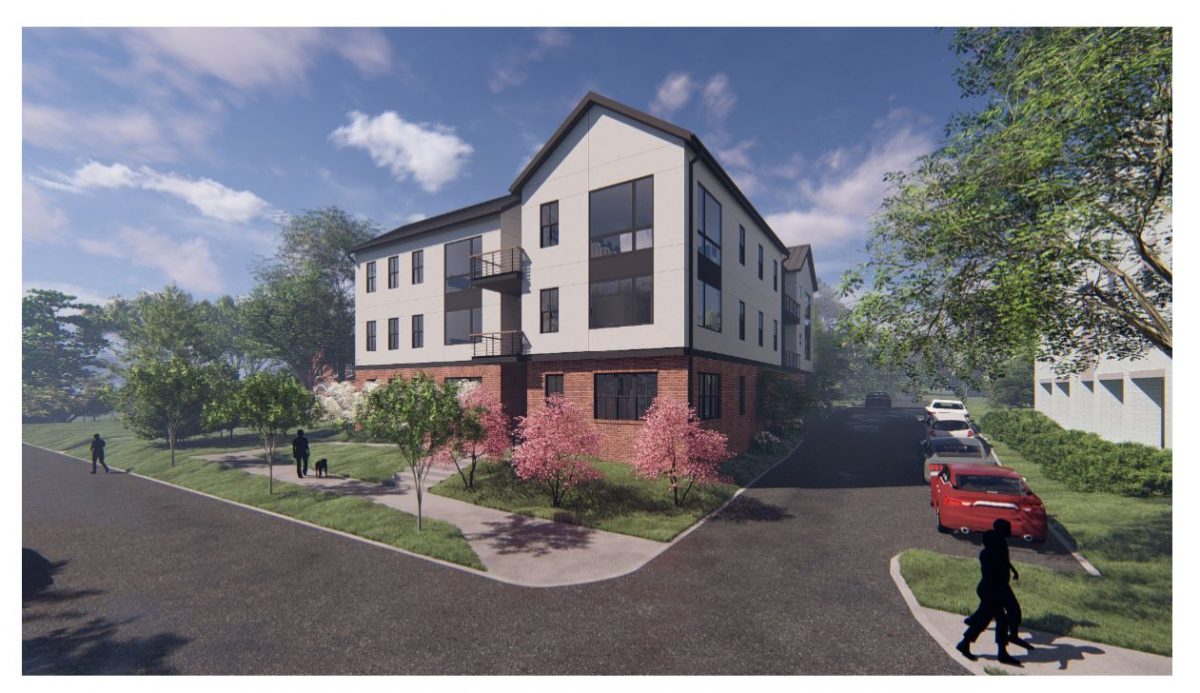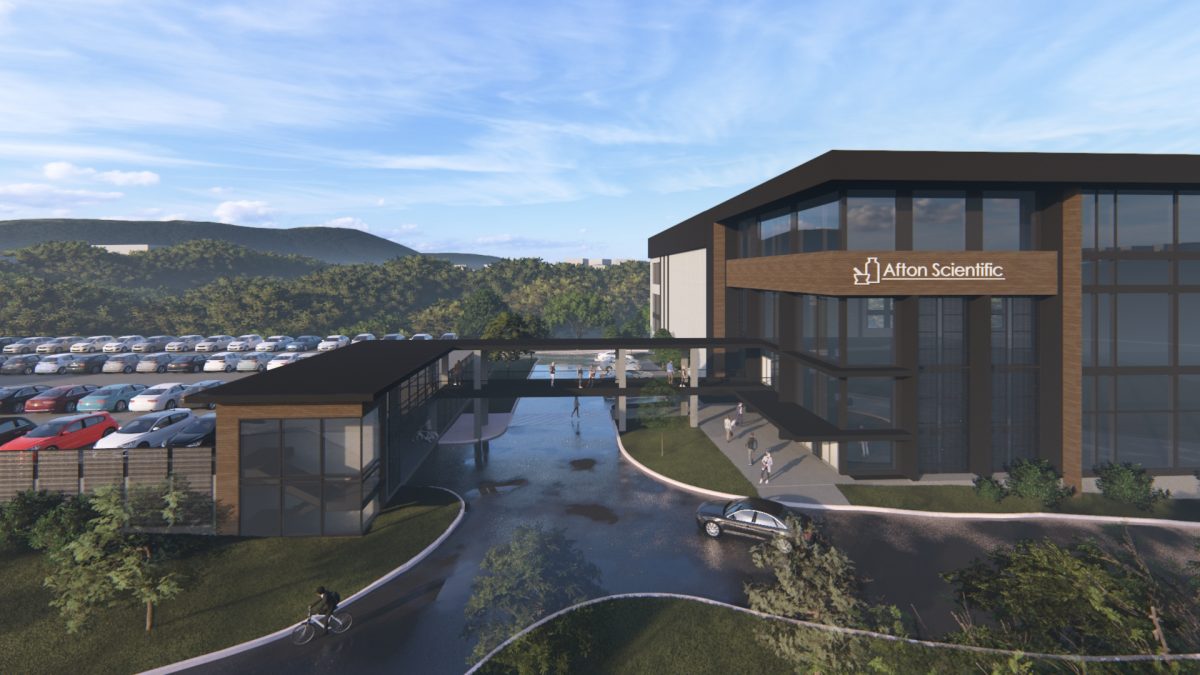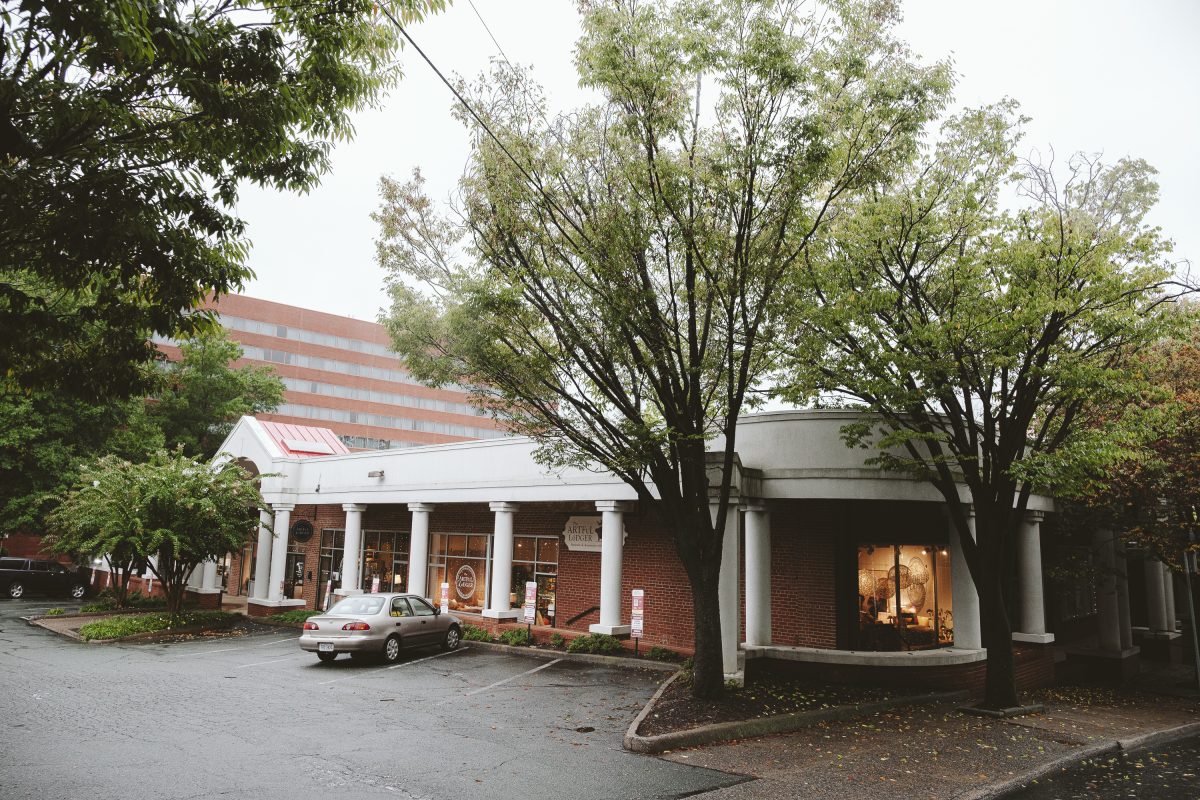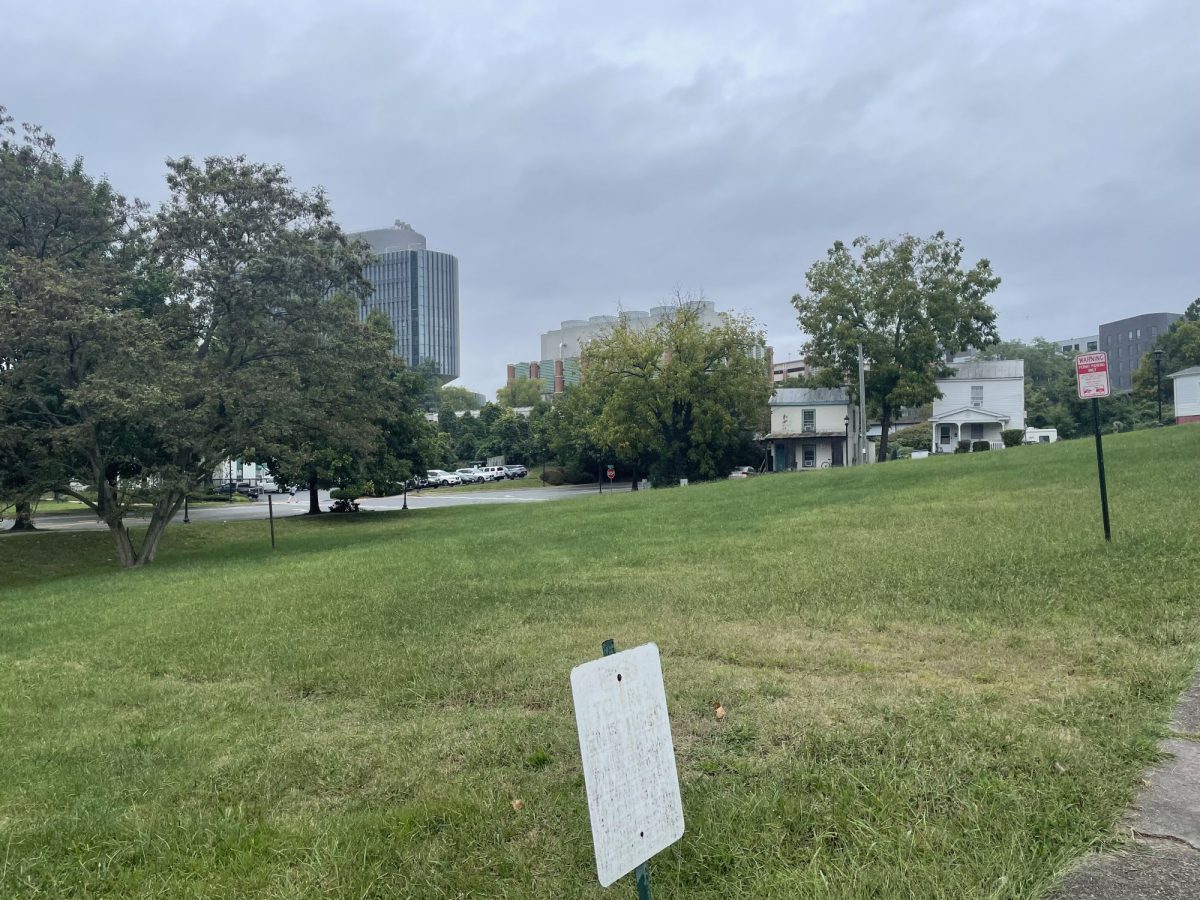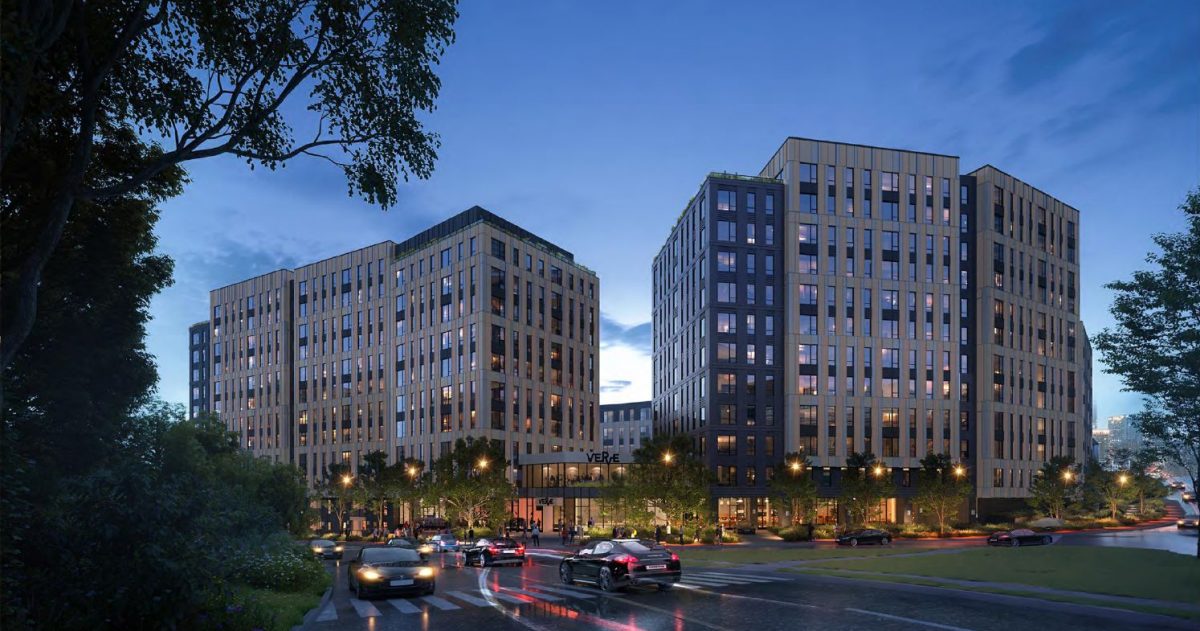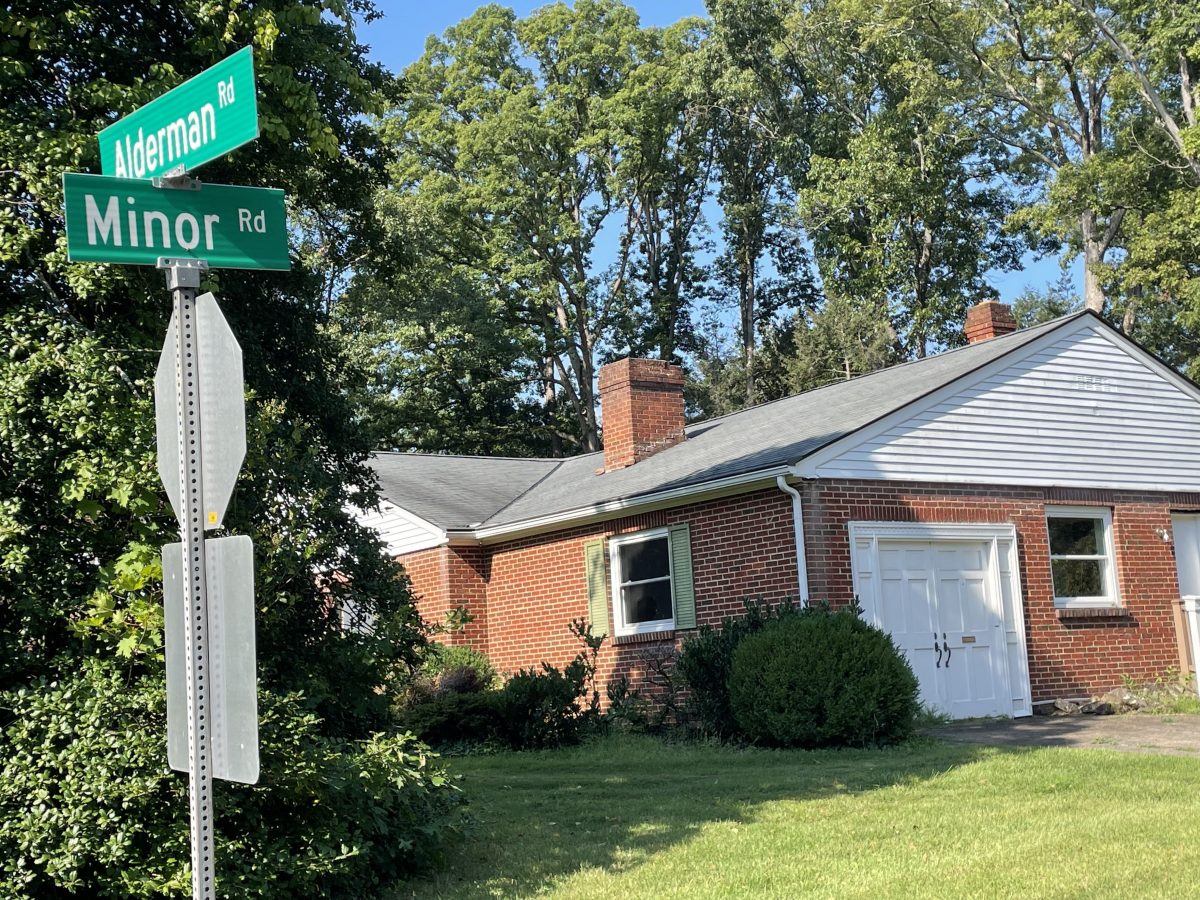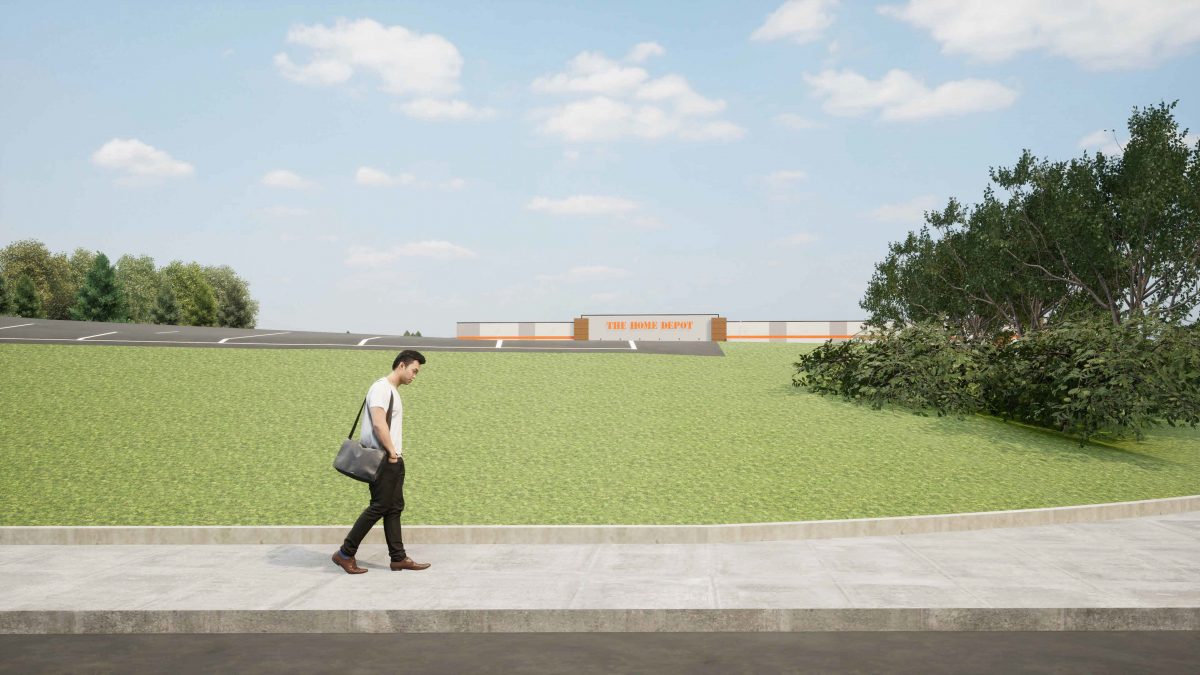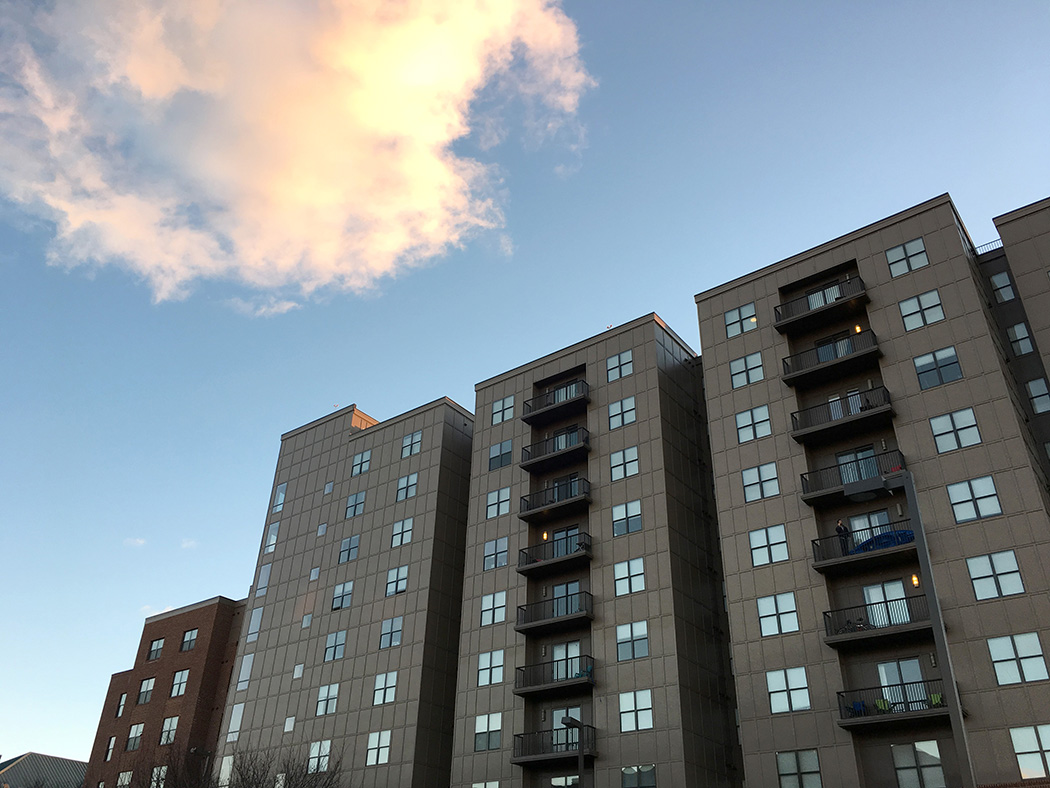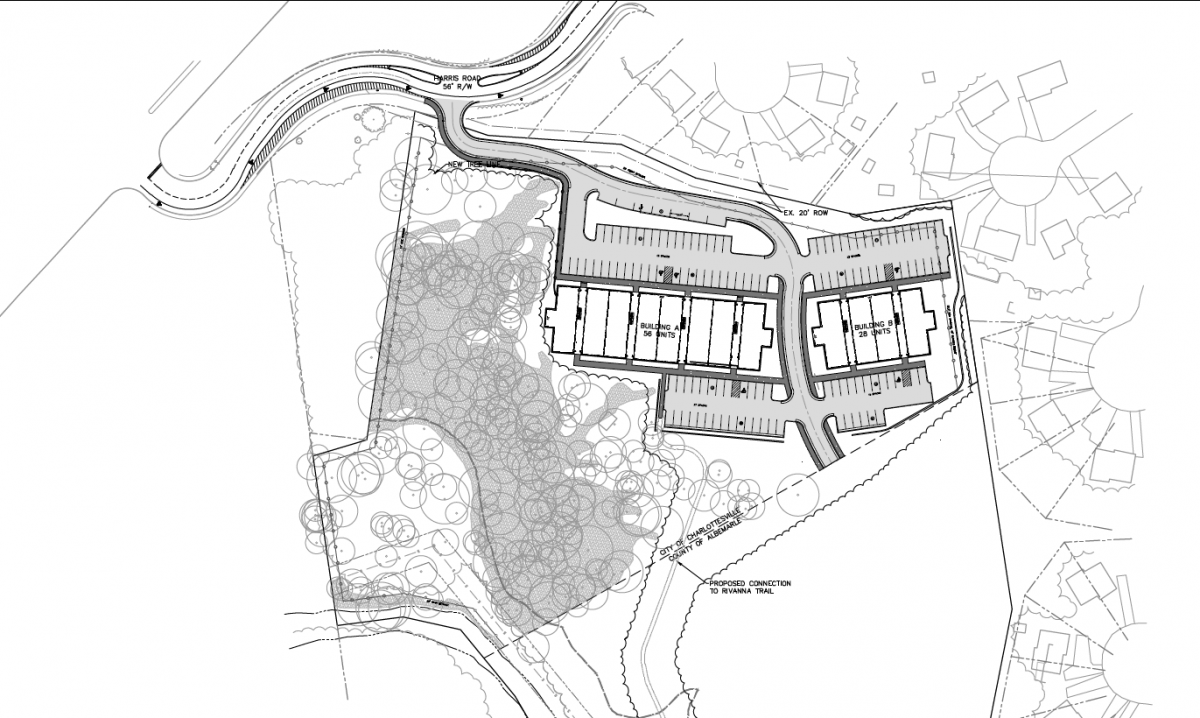A delay in the completion of a new comprehensive plan for Albemarle County means adoption won’t happen until at least summer 2025, a time when half of the Board of Supervisors may be up for re-election.
Among other things, the update, known as AC44, will reaffirm rules about what can be built in Albemarle and where.
“Currently, the development areas are approximately 37 square miles, or 5 percent of county land, and the rural area is 95 percent of county land,” says Tonya Swartzendruber, a planning manager in Albemarle.
Virginia code requires localities to update their comp plans every five years and Albemarle’s document was adopted in the summer of 2015. The county began what was to have been a two-year review in late 2021, but staff put the project on hold earlier this year to make the document easier to read.
The Board of Supervisors has decided the current boundaries will remain in place for now, but staff inquired earlier this month as to whether the update should direct them to review conditions every two years to see if there’s enough land to support additional people expected to move here over the next 20 years.
Supervisor Mike Pruitt of the Scottsville District, the youngest and newest member of the board, said he supports monitoring land use trends but is open to expanding the growth area. He was elected last year with no opposition.
“At some point, if our growth patterns do not change, I think the whole board recognizes that the development area will have to change,” Pruitt said at the October 16 BOS meeting. He suggested the county identify a new place where dense development could occur rather than “nibbling at the edges.”
Supervisor Ned Gallaway’s Rio District seat is one of the three up for election next year. He pointed out that the county’s growth area around Glenmore in eastern Albemarle is developing at about one unit per acre because of opposition from people who live in the area.
“If we’re not getting the density out of a Village of Rivanna, can we get that density back somewhere else that’s reasonable without necessarily changing the 5 percent?” Gallaway asked.
First elected in 2017, Gallaway has never faced an opponent on the ballot.
Diantha McKeel’s third term as supervisor for the Jack Jouett District expires at the end of 2025. She supports Gallaway’s idea.
“If we can look at somehow … trading land without expanding but looking at where there are possibilities to do some trade where it’s actually going to happen,” McKeel said.
The final seat up for election is that of Jim Andrews, who was unopposed in his 2021 race for the Samuel Miller District. He cautioned anyone against thinking expansion is inevitable.
“It may be that a shift of development areas may be the more appropriate way in which we handle this initially,” Andrews said.
Supervisors Ann Mallek and Bea LaPisto-Kirtley were both re-elected in 2023 and both faced opposition. LaPisto-Kirtley said she doesn’t think the boundaries need to be adjusted for decades.
“I think we need to make use of what we have,” she told her colleagues.
Mallek said she was willing to have as many meetings as possible to complete the Comprehensive Plan.
“We’re going to have to keep stirring the pot until we get it just right,” Mallek said.
The county’s growth advisory committees will get the new information on AC44 at a joint meeting on October 30 in Lane Auditorium.

